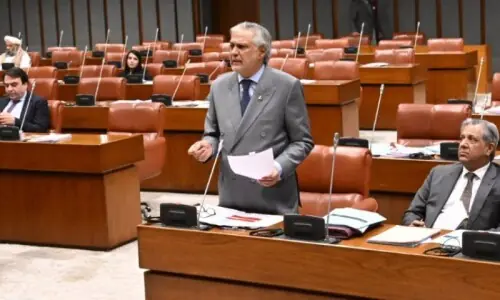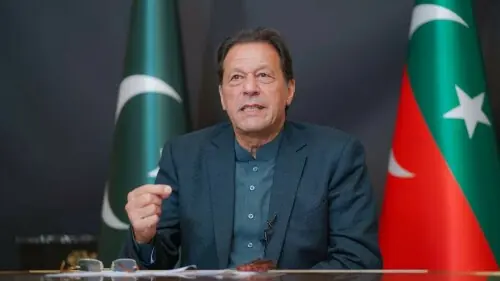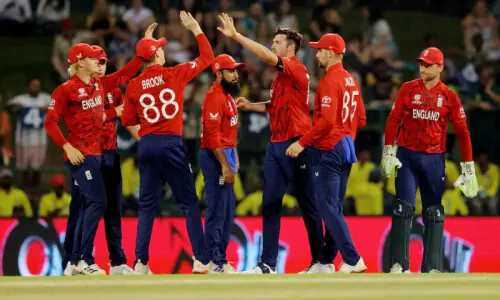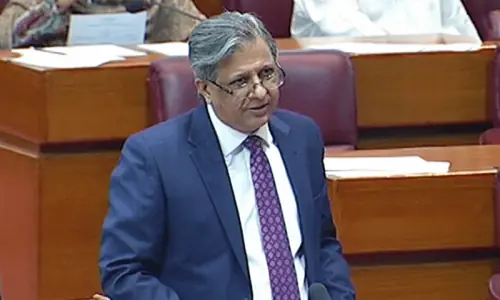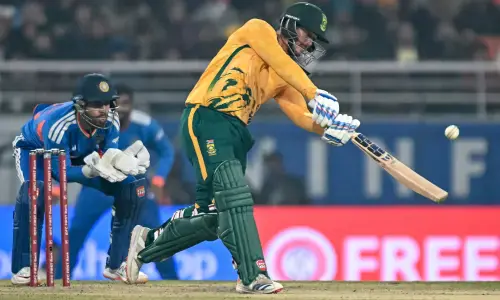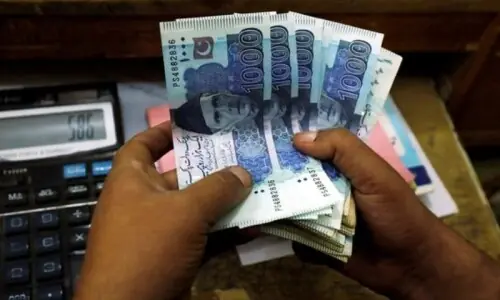RAWALPINDI: A special Pakistani court, hearing the treason case against former military ruler Gen (retd) Pervez Musharraf, on Wednesday adjourned the hearing till Oct 21 after the defence presented arguments and demanded for a collective trial of all accomplices of the former president, DawnNews reported.
Counsel for Musharraf, Barrister Farogh Nasim apprised the bench, led by Justice Faisal Arab of Sindh High Court that the former military ruler had imposed an emergency and suspended the Constitution through the validation of then National Assembly and Cabinet.
Nasim further said that it would be a contradiction to Article 25 of the Constitution, if the accomplices and co-conspirators of the November 2007 emergency were not tried collectively and hence the case against Gen (retd) Musharraf should be withdrawn.
He said that Musharraf had only imposed the emergency on the advice given to him and the actual crime had been committed by other individuals.
The counsel for the former president alleged that the prosecution had not submitted the actual proof before the court and demanded that those named in the emergency order should also be summoned before the bench.
On this, Justice Faisal Arab said that if the prosecution had made the mistake of not including the names of the accomplices as accused in the case then what was the fault of the co-conspirators.
He added that the prosecution will have to answer that if a person who has committed a crime is provided shelter then should those providing shelter also be included within the domain of accomplices.
Farogh Nasim then argued that approval and support of the emergency move was actually validation of the act, and validating an act is tantamount to committing the crime itself.
Justice Faisal Arab inquired, “If someone commits a murder then should those supporting the murder also be punished for murder?”
Musharraf’s counsel replied that every crime had a separate nature, adding that abrogation of Constitution and treason cannot be committed by an individual alone. He said that according to the Constitution and criminal law, trial of accomplices was mandatory.
Nasim claimed that investigation of a lesser quality had taken place in the case and as per the treason act, all accused must be tried collectively. He added that the petition was retractable owing to the poor quality of investigation.
The court subsequently adjourned the hearing till October 21, during which head prosecutor Advocate Akram Sheikh would present his arguments.


